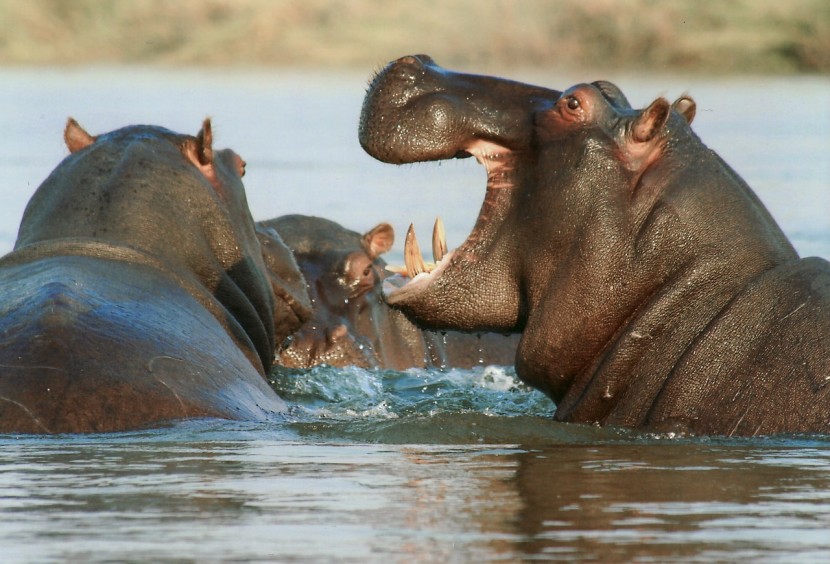
Before becoming impossible to control, scientists have warned that Pablo Escobar's 'cocaine hippos' need to face the same fate as their late owner as they are already taking over the marshlands of Colombia.
In the next two decades, the population of the 'cocaine hippos' could reach dangerous numbers due to the fact that the rapidly-breeding beasts have now grown to become the largest invasive species on the planet.
Based on the report of the Telegraph, the so-called 'cocaine hippos' were illegally imported and transported to the country by Pablo Emilio Escobar Gaviria, who was a Colombian drug lord and the founder of the Medellín Cartel.
Escobar who was dubbed "The King of Cocaine," was the wealthiest criminal in history, and shot dead by authorities in 1993.
Ecologist, Nataly Castelblanco-Martinez shared to the news outlet that nobody likes the idea of shooting the cocaine hippo. However, the public should have to accept that no other strategy is going to work.
After the death of the notorious drug lord, authorities took control of his 7,000-acre estate, which includes a personal zoo.
Despite the move done by authorities wherein most of the animals found their new home at zoos elsewhere, four among the 'cocaine hippos' have escaped.
Based on the report by the Telegraph, without having any real predator in the Colombian soil, there are somehow between 80 to 100 descendants of the former pet of Escobar that are terrorizing the lakes and rivers of the country.
Based on the projection of the scientists, by 2024, the hippo population could surge to 1,500.
According to The New York Post, the hippos pose a threat to the natural wildlife since their urine and feces are toxic, which is potentially sickening not only to other species in the area but also to humans as well.
Government environmentalist, David Echeverri Lopez, shared that they are currently racing to castrate the critters before they take over.
He also mentioned that these hippos can have become part of their local identity, however, time is already running out.
Read also: COVID-19: South Africa Variant Virus and What to Know About This Strain
Moreover, others fear that there is no other option but to slaughter them.
Castelblaco-Martinez also shared that the relocation option might have been possible 30 years ago when there were only four hippos that will be transported out of the area.
She also added that the castration could also have been effective, only if the officials had provided sufficient resources for the program early on, but as of the moment, a cull is the only option.
ECOLOGICAL THREAT
According to a number of experts, if the situation is not brought under control, the problem could affect other animal species as humans who are living in the vicinity.
Some researchers last year found out that hippos brought diversity to the ecosystem.
The team of scientists which include experts coming from the University of Sussex shared that the hippos are a replacement for giant llamas and a mammal called a notoungulate, which is both extinct, The Sun reported.
Related article: Ancient Oceans Not Susceptible to Climate Change; Human Activities Have Done Many Damages








